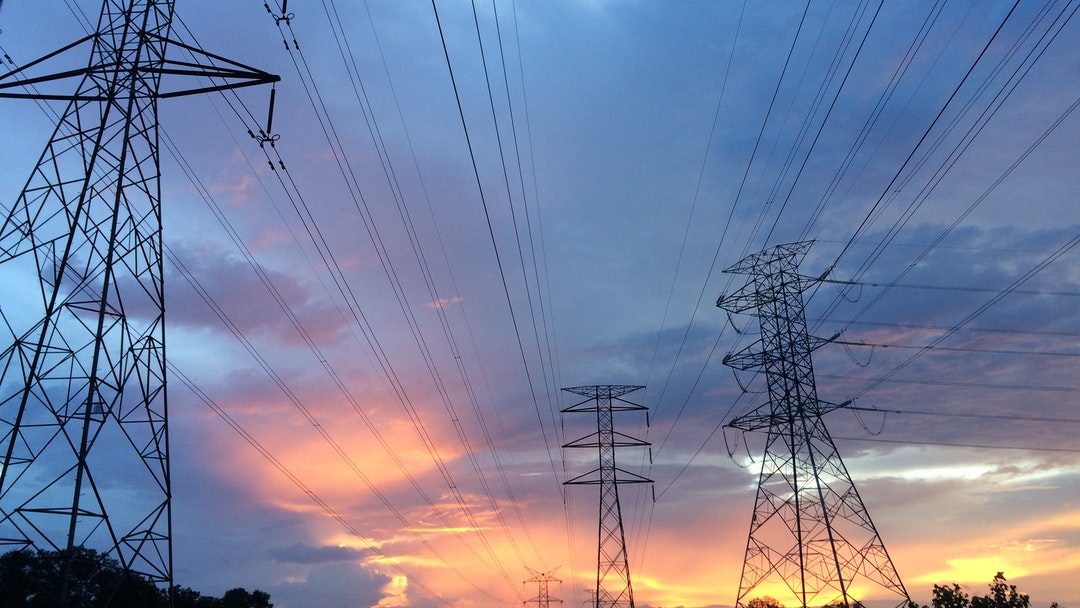June 25, 2021 – Michigan’s Marijuana Regulatory Agency – in conjunction with the Michigan Public Service Commission, the Bureau of Fire Services, the Dept. of Environment, Great Lakes, and Energy, and electric providers in the state of Michigan – today produced and distributed materials to inform Michigan residents growing marijuana in their homes about the best ways to keep themselves, their neighbors, and their community safe while continuing to protect Michigan’s electric grid.
Michigan residents with medical marijuana patient and caregiver registration cards have been able to grow a limited number of marijuana plants in their homes since 2008. After Michigan voters legalized marijuana in 2018, Michigan residents over the age of 21 have also been able to grow up to 12 plants at their home. These developments have resulted in an influx of new residential marijuana grows that have a major impact on Michigan’s electric grid.
Since the energy demand for growing marijuana plants is so intensive – often requiring nonstop grow lights, ventilation systems, and other high-demand equipment – it is essential residential marijuana growers understand the impact the increased energy usage in their homes may have on their safety, the safety of their communities, and the safety of electrical workers and first responders.
A Michigan resident growing 12 plants in a home can increase that home’s energy demand by 2.75 times. Maximizing the 72-plant limit for a medical marijuana caregiver’s residential grow operation could result in energy usage equivalent to the average use of 10.75 houses.
Residential marijuana growers should understand the proper steps to take while planning their grow operation to ensure their safety, as well as the protection of their home and utility equipment. Overloading electrical equipment can create fire hazards and damage electrical equipment, which can also lead to extended power outages in your community.
Growing marijuana in a home is a legal right and it must be done safely and responsibly. Before starting a home grow, individuals should:
- become familiar with local rules and ordinances
- hire a licensed electrical contractor
- contact their local utility to ensure their electrical service is sized appropriately to serve the increased energy demand
When residential growers work together with their electric company, significant damage can be avoided, including:
- Unanticipated significant overloading can lead to catastrophic failure of utility and customer-owned equipment. If a significant customer load is added before the energy provider has an opportunity to review and utility equipment is damaged as a result, the customer causing the issue may be held responsible for associated costs of repair. There could be lengthy delays in the restoration of service. The utility must determine what caused the issue, find out what the true load sizes are, and upgrade its equipment to serve it.
- In addition to damaging the equipment of the customer that added the significant load, there could be possible damage to property of other customers receiving service from the same transformer. This damage can range from appliances to sensitive electronics, smart TVs, computers and more.
- Structural fire dangers are by far the worst-case scenario for marijuana home grows. When circuits are overloaded beyond their rating, it becomes a hazard and the cost associated with this kind of incident is immeasurable as it has the potential to cause death in addition to widespread damage to the electrical system and people’s property.
The Michigan Public Service Commission’s website has important information available for Michigan residents, including:
- Contact Information for Michigan’s Electric Utilities
- MPSC’s Utility Provider Search (Geographic Lookup)
- Michigan’s Electric Utility Service Area Map
The Electrical Safety: Residential Growing informational document can be found here or by visiting Michigan.gov/MRA.
PAST MRA Releases
June
- 25 In Partnership with the Marijuana Regulatory Agency, Michigan’s Electric Providers Offer Advice for Marijuana Home Grows
- 17 Marijuana Regulatory Agency Announces June Business Resource Workshop, Featuring Our Cannabis
- 10 Michigan’s Marijuana Regulatory Agency Announces its June Education and Outreach Session Featuring a Presentation by the MRA’s Enforcement Team
- 01 2021 Veteran Marijuana Research Grant Program RFP Now Available
May
- 13 MRA Business Resource Workshop: Setting Aside Marijuana-Related Adult Criminal Records in Michigan
- 04 Licensing and Social Equity Work Group
April
- 29 MRA’s Social Equity Program Announces May Business Resource Workshop, Featuring Rocky Mountain Cannabis Consulting
- 19 MRA’s Social Equity Program Announces April Business Resource Workshop, Featuring Sensi Connects
March
- 12 MRA’s Social Equity Program Announces March Business Resource Workshop, Featuring Calyxeum
- 05 MRA’s Social Equity Program Announces March Education and Outreach Session, Featuring the MRA Enforcement Division
February
- 26 MRA Reminds Applicants of Upcoming License Eligibility Changes
- 18 MRA’s Social Equity Program Announces February Business Resource Workshop, Featuring Our Cannabis
- 02 MRA Takes Next Step Towards Diversity, Equity, and Inclusion by Posting Adult-Use Marijuana Licensees’ Social Equity Plans
January
- 29 MRA’s Social Equity Program Announces February Business Resource Workshop, Featuring Cresco Labs
- 21 Marijuana Regulatory Agency Announces Diversity, Equity, and Inclusion Workgroup
- 19 Marijuana Regulatory Agency Issues Final Recommendations of the Racial Equity Advisory Workgroup
- 06 MRA’s Social Equity Program Announces January Education and Outreach Session, Featuring Maurice Morton
The Michigan Medical Marijuana Association (MMMA)
Public forums for guests and members of the Michigan Medical Marijuana Association.
This is an open forum related to a variety of topics from legal issues to growing for medical use to strains and more.
LEGAL ADVISORY – Rules, Regulations and laws may have changed after this information was posted. It is up to the reader to research and determine the current status of those items. It is always best to consult an attorney that has experience and is focused on the cannabis industry. One of the most well known law firms in the industry for over 25 years is Komorn Law
Other Posts
- Biden’s Pardons and Commutations so Far
- White House Passes Buck on Marijuana Rescheduling
- EPA sets first-ever limits on PFAS in water – Gee Thanks
- Cannabis Regulatory Agency Answers Questions About THCA
- Authorities seize 90 pounds of fentanyl in Livonia Michigan
Tags
2020 2021 Academia Adult Recreational Use Adult Use breathalyzer California cannabis Caregivers coronavirus CRA Detroit drugged driving DUI Education Event Federal Hemp Komorn Law Lab Scandal LARA LARA-BMR Laws legalization Marijuana medical marijuana michigan Michigan Legislature Michigan News MMFLA MMMA MRA MSP News Ohio pandemic 2020 Patients Recreational Release science smell taxes USA USA News world news









